Your brain and gut are more connected than you think. Learn how to shut down a negative stress response to help the digestive symptoms of Crohn’s disease.



Join us on Patreon!
https://www.patreon.com/MichaelLustgartenPhD
TruDiagnostic Discount Link (Epigenetic Testing)
CONQUERAGING!
https://bit.ly/3Rken0n.
Bristle Discount Link (Oral Microbiome Quantification):
ConquerAging15
https://www.bmq30trk.com/4FL3LK/GTSC3/
Quantify Discount Link (At-Home Blood Testing)
https://getquantify.io/mlustgarten.
Cronometer Discount Link (Daily Diet Tracking):
https://shareasale.com/r.cfm?b=1390137&u=3266601&m=61121&urllink=&afftrack=
If you’d like to support the channel, you can do that with the website.
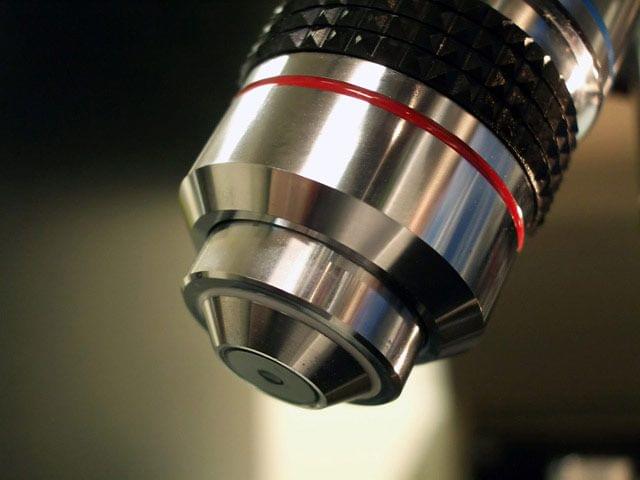
The world’s first artificial liver has been grown from stem cells by British scientists. The resulting “mini-liver” is the size of a small coin; the same technique will be further developed to create a full-size liver.
The mini-liver is useful as it is; within two years it can be used to test new drugs, reducing the number of animal experiments as well as providing results based on a human (rather than animal) liver.
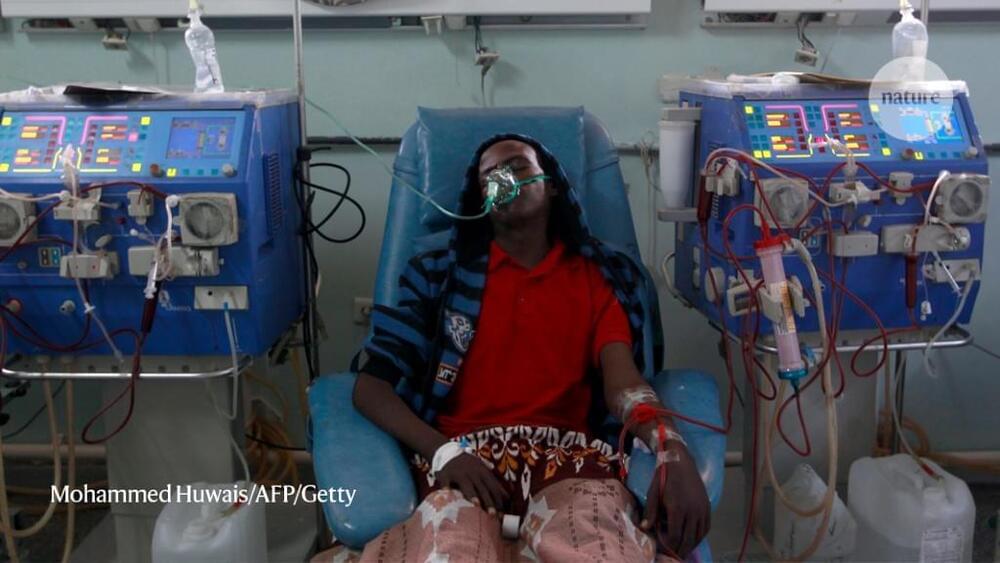
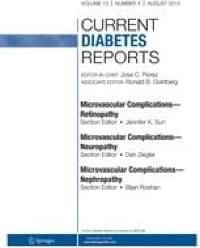
Human pancreas-on-a-chip (PoC) technology is quickly advancing as a platform for complex in vitro modeling of islet physiology. This review summarizes the current progress and evaluates the possibility of using this technology for clinical islet transplantation.
PoC microfluidic platforms have mainly shown proof of principle for long-term culturing of islets to study islet function in a standardized format. Advancement in microfluidic design by using imaging-compatible biomaterials and biosensor technology might provide a novel future tool for predicting islet transplantation outcome. Progress in combining islets with other tissue types gives a possibility to study diabetic interventions in a minimal equivalent in vitro environment.
Although the field of PoC is still in its infancy, considerable progress in the development of functional systems has brought the technology on the verge of a general applicable tool that may be used to study islet quality and to replace animal testing in the development of diabetes interventions.
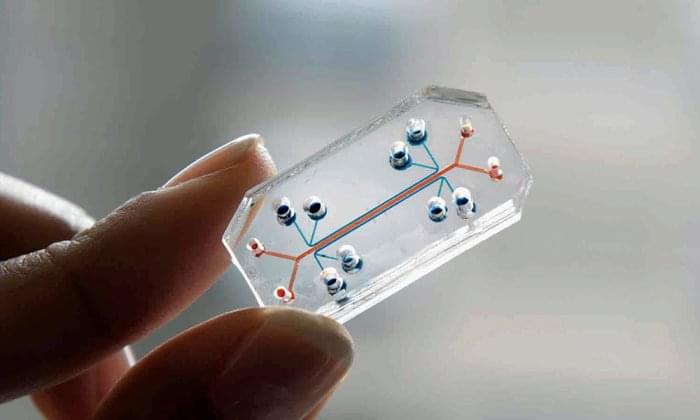
😗
Not to mention the potential for cost-savings. If you have been severely sick, you will have felt the unfairness of the high cost of drugs. The latest drugs for cancer, cardiovascular or gastrointestinal diseases, nervous disorders, and rare conditions are so costly that even selling an expensive car won’t cover a year’s supply of them.
The most poignant example is that of cancer drugs, whose approval is by far the most wasteful process of all drug types: The FDA approves less than four percent of cancer drugs, meaning 96 percent of them spend more than a decade being tested in petri dishes, mice, and a small set of patients, before scientists finally realize that they aren’t suitable for human use. Each drug in the four percent that does get approved bears an average price tag of more than a billion dollars, a bill passed down to you, the patient-customer.
Given what is at stake, it is not surprising that a growing number of companies are offering their organs-on-chips to pharma, each with a different technology, patented chip design, or organ. The three oldest companies in this space — Hurel Corporation, Hepregen, and Organovo, founded in 2007 — are all from the United States. InSphero (Switzerland, 2009), TissUse (Germany, 2010), and Mimetas (Netherlands, 2011) were started shortly afterward. Nortis (Seattle, 2012) and Emulate (Boston, 2013, by Don Ingber) followed, and after them half a dozen startup companies are fighting to grow in this exciting cauldron. Thanks to the organs-on-chips pioneered by Grotberg, Huh, and Takayama, the day when most new drugs will be developed and tested directly (and only) using human tissues is fast approaching.
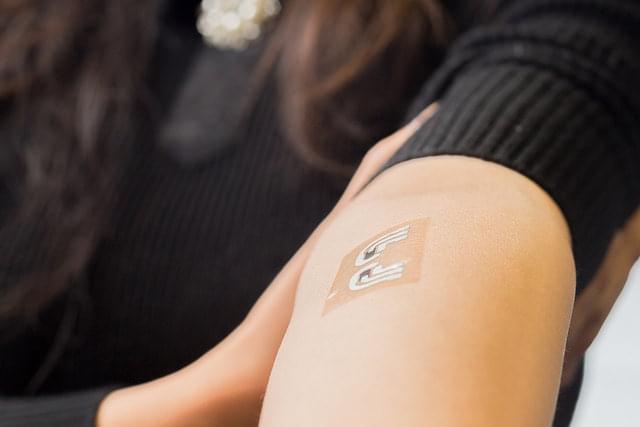
Diabetes tracking can be a scary and tedious task, but University of California at San Diego researchers have developed a needless glucose monitor tattoo sensor that measures insulin levels through sweat on the skin.
There are approximately 30.3 million people living with diabetes in the U.S., according to the American Diabetes Association. Monitoring blood sugar levels is an important part of managing their condition. For people like Angela Valdez, that daily task is avoided because of the traditional pricking of the finger.
“I don’t handle monitoring my diabetes as I should,” said Valdez in a press release. “I have the diet down a lot better now and I take my medication as I should, but the finger pricking is a struggle for me. I only test if I feel bad. If I don’t feel my blood sugar level is high, and I’m taking the pill every day, I think I’m alright. Which is really bad thinking, but the pin prick is terrifying.”
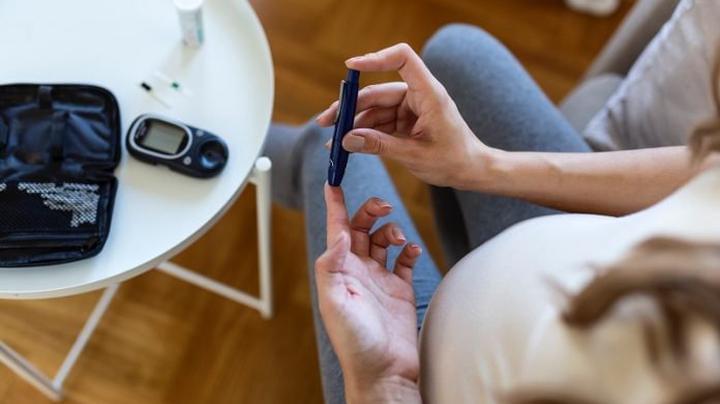
According to the CDC, prediabetes is a serious health condition where blood sugar levels are higher than normal, but not high enough yet to be diagnosed as type 2 diabetes. Approximately 96 million American adults—more than one in three—have prediabetes. Of those with prediabetes, more than 80% don’t know they have it.